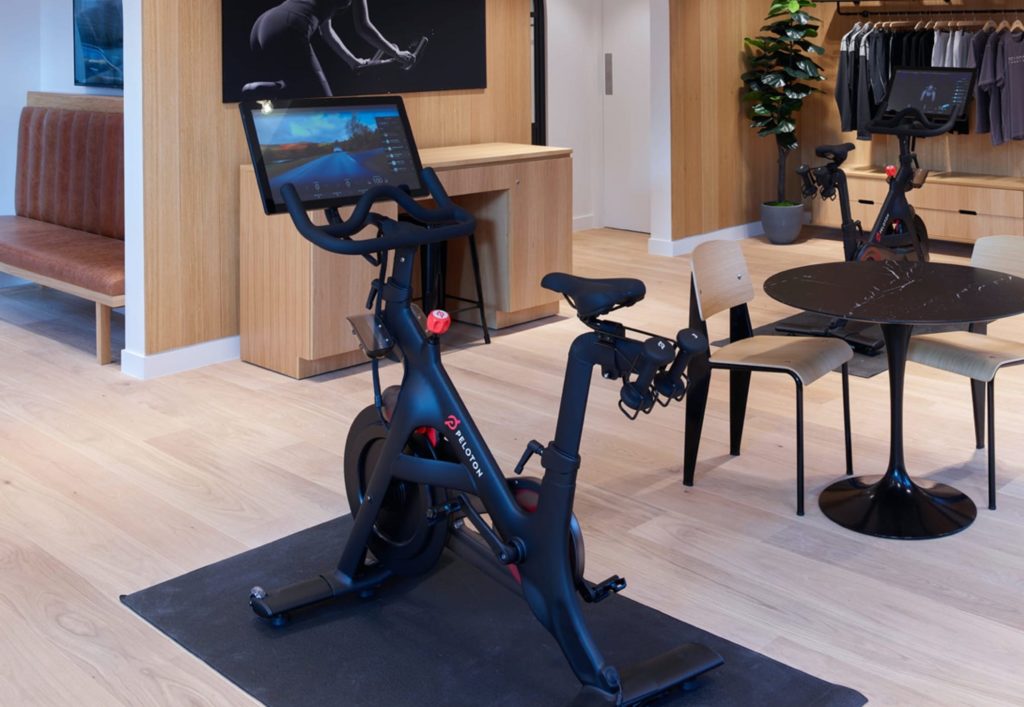As connected fitness becomes more competitive, the category is growing more litigious.
The latest development? Peloton and lululemon are squaring off over the smart bike maker’s new activewear line.
Look-alike Leggings. Once apparel partners, Peloton ended its co-branding relationship with lululemon earlier this year ahead of launching its own clothing line – the designs of which set off a legal battle.
- Nov. 11: lululemon sent a cease-and-desist letter to Peloton, alleging that six of Peloton’s apparel products infringed on lululemon design patents.
- Nov. 24: Peloton sued lululemon seeking a declaration that it did not infringe on designs.
- Nov. 29: lululemon fired back, filing suit against Peloton for intellectual property right infringement.
Apparel aside, the two companies are also connected fitness adversaries following lululemon’s acquisition of MIRROR in June 2020.
Lawyer up. Nothing new, lawsuits are becoming par for the connected fitness course. And Peloton is often the antagonist.
- On November 19, Peloton filed new lawsuits against iFit and Echelon, alleging patent violations related to its leaderboard and live/on-demand classes.
- Last year, Peloton and iFit sued one another, with iFit noting it obtained “hundreds of of the patents before Peloton was founded.”
- In 2019, Peloton sued Echelon, accusing it of creating “cheap, copycat products.”
Of note, in 2020, Peloton sued Flywheel Sports, forcing the company to shut down its at-home business as part of a settlement.
On the docket. Cardio equipment has taken center stage, but keep an eye on connected strength training — where Tonal has a robust patent on “a method and apparatus for digital strength training.”






